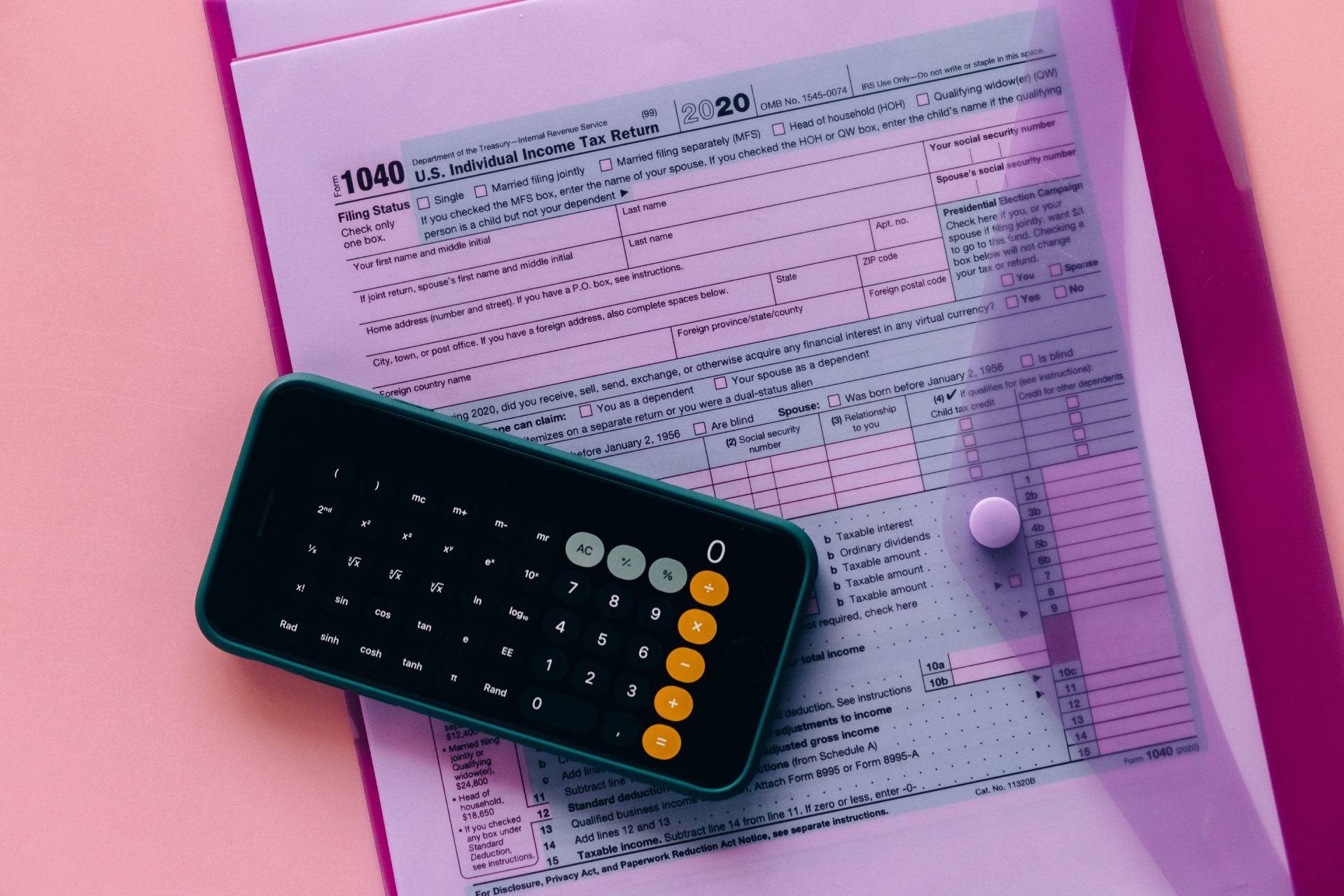Chancellor Kwasi Kwarteng’s much-anticipated mini budget finally arrived on Thursday 22 September. Created in a bid to stave off a financial crash and to help homeowners through the cost of living crisis, the mini budget was one of the most radical in years.
One of the headline policies concerned National Insurance – but what exactly has changed? And how might these changes affect you? Let’s take a closer look.
What’s changing?
National Insurance rose by 1.25% in April, but this increase has been reversed. Effective from 6 November, the change will put more money in everyone’s pockets – but exactly how much will depend on how much you earn.
How will I benefit?
According to the Government, nearly 28m people will benefit from the policy, on average keeping £330 more of their earnings during the course of 2023. Businesses also stand to benefit – 920,000 of them. On average, each business is expected to save almost £10,000 next year.
Exactly when employees will feel the benefit depends on the “complexity of their employer’s payroll software,” according to the Treasury. Some will notice it in November, others December or January.
The National Insurance and tax cuts announced in the mini budget have attracted some criticism, because they apply equally to the rich and the less well off: the more you earn, the more you stand to benefit from the budget. For example, those earning £1m annually will receive an additional £55,000 a year, while those on £25,000 will only notice a £280 increase in their annual earnings.
Small business accountants in Ely
Want advice on the entirety of the mini budget and how it might affect you? Whether you’re a contractor, freelancer, are self-employed or run a small business, our specialist accountants in Ely are here to help. To arrange a free initial consultation, get in touch today.





